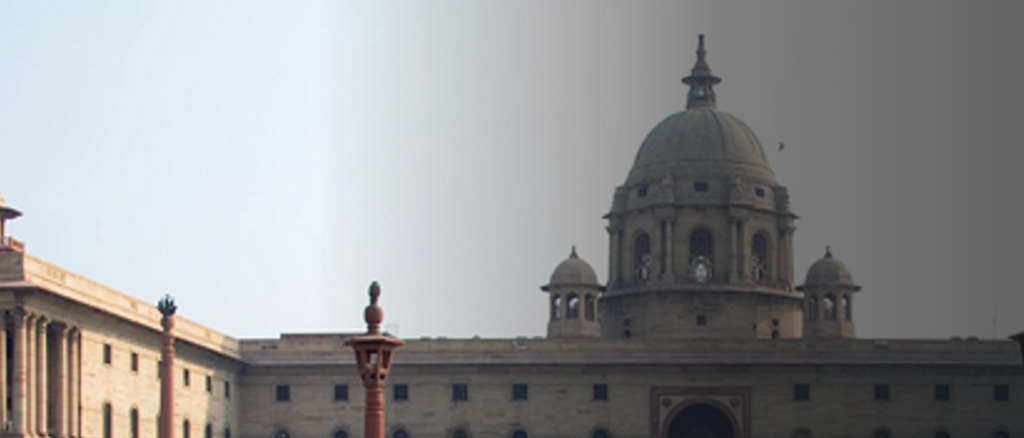Introduction
Equality Before the Law and Due Process of Law are fundamental principles that form the cornerstone of many legal systems worldwide. They are key components of the rule of law and serve to ensure fairness, justice, and protection of individual rights within a society.

Equality Before the Law and Due Process of Law
Constitutional law in India is characterized by two fundamental principles that serve as cornerstones for justice and fairness – Equality Before the Law and Due Process of Law. These principles not only shape the legal landscape but also uphold the values enshrined in the Indian Constitution.
Buy the top 100 causal and formal clothes
Equality Before the Law
Equality Before the Law is a concept that ensures every individual, regardless of their social or economic status, is subject to the same legal rules and enjoys equal protection of the law. This principle emphasizes that no one is above the law, and justice should be meted out impartially.
In the Indian context, the idea of Equality Before the Law finds its roots in Article 14 of the Constitution, which states that “the State shall not deny to any person equality before the law or the equal protection of the laws within the territory of India.” This provision enshrines the principle of equality and prohibits discrimination.
Landmark cases like Maneka Gandhi v. Union of India and E.P. Royappa v. State of Tamil Nadu have reiterated the importance of Article 14 in protecting the rights of citizens and ensuring equality before the law.
Due Process of Law
Due process of law, often referred to simply as “due process,” is a legal concept that encompasses the idea that individuals have a right to a fair and just legal process when their life, liberty, or property is at stake. It ensures that the government cannot arbitrarily or unfairly deprive individuals of their rights. Due process includes several key components:
- Notice: Individuals must be informed of any legal action or proceedings against them, providing an opportunity to respond.
- Fair and Impartial Proceedings: Legal proceedings must be conducted fairly and without bias. This involves access to legal representation, the right to present evidence, and a neutral decision-maker.
- No Double Jeopardy: A person cannot be tried or punished for the same offense more than once.
- Protection Against Self-Incrimination: Individuals have the right to remain silent and not be compelled to incriminate themselves.
- Prohibition of Excessive Fines and Cruel or Unusual Punishment: Legal penalties should be proportionate and not excessively harsh.
- Presumption of Innocence: A person is presumed innocent until proven guilty.
- Equal Protection: The application of the law should be consistent and should not discriminate against any group or individual.
Due process is essential for ensuring the integrity and legitimacy of the legal system. It is a safeguard against abuse of power and protects individuals from arbitrary government actions.
Notable cases such as Maneka Gandhi v. Union of India and Olga Tellis v. Bombay Municipal Corporation have emphasized the need for Due Process of Law in India, setting crucial precedents.
Comparative Analysis
When comparing the concepts of Equality Before the Law and Due Process of Law in India to other legal systems, it becomes evident that India’s approach is rooted in its unique socio-economic and cultural context. The principles are tailored to address the specific challenges and diversity within the country, reflecting the Indian commitment to justice and equality.

Maneka Gandhi VS Union Of India:: The Landmark Judgement by Supreme CourtT
Buy the top 100 causal and formal clothes
Contemporary Issues
In contemporary India, these constitutional principles face new challenges and debates. The delicate balance between individual rights and societal interests often comes to the forefront in issues like privacy, affirmative action, and anti-terrorism measures. Recent judgments, such as the Aadhar case and the Right to Privacy case, have shaped the interpretation of these principles.
Maneka Gandhi Vs Union of India: Example which illustrates the importance of these principles in India.
The case of Maneka Gandhi v. Union of India is a landmark legal case in India that significantly impacted the interpretation and application of the right to personal liberty and due process of law under Article 21 of the Indian Constitution. The case is often cited for its role in expanding the scope and protection of fundamental rights in India.
Buy the top 100 causal and formal clothes
Background:
Maneka Gandhi, the daughter-in-law of former Prime Minister Indira Gandhi and a well-known political figure in India, had her passport impounded by the Indian government in 1977. The government took this action under the Passport Act, 1967, on the grounds that it was in the “public interest” to do so. The specific reasons for impounding her passport were not provided to her.
Maneka Gandhi challenged the government’s decision and argued that her right to personal liberty, guaranteed by Article 21 of the Indian Constitution, was being violated. She contended that she had a right to be heard and given a fair opportunity to challenge the decision to impound her passport.
Key Issues and Ruling:
The case raised several significant issues:
Article 21 of the Indian Constitution: The main issue in the case was the interpretation of Article 21, which states that “No person shall be deprived of his life or personal liberty except according to a procedure established by law.” The question before the court was whether the procedure established by law should be just, fair, and reasonable.
Due Process of Law: Maneka Gandhi argued that the government’s decision to impound her passport was arbitrary and violated her right to due process of law. She contended that she should be given an opportunity to be heard and to challenge the government’s decision.
The Supreme Court of India, in a historic judgment, ruled in favor of Maneka Gandhi. The court held that the right to personal liberty under Article 21 was not an absolute right and could be restricted by law, but the law itself must be fair, just, and reasonable. The court interpreted “procedure established by law” as encompassing the principles of natural justice and due process.
The court also emphasized the need for fairness and transparency in administrative actions, including those affecting personal liberty. It held that the government must provide reasons for its actions and give individuals an opportunity to be heard and challenge those actions.
Impact:
The Maneka Gandhi case had a profound impact on the understanding of fundamental rights in India. It expanded the scope of Article 21 to include the principles of natural justice and due process. The case reinforced the idea that personal liberty could not be arbitrarily curtailed, and individuals had the right to a fair and reasonable procedure even in administrative decisions.
This judgment has been cited in numerous subsequent cases to protect and uphold the fundamental rights and freedoms of individuals in India. It marked a significant shift in the Indian legal landscape towards a more rights-based approach and greater protection of individual liberties.
Conclusion
In conclusion, Both the principles of equality before the law and due process are enshrined in various national constitutions and international human rights agreements, including the Universal Declaration of Human Rights and the International Covenant on Civil and Political Rights. They play a crucial role in upholding justice, human rights, and the rule of law in societies around the world. Equality Before the Law and Due Process of Law are the bedrock of constitutional law in India. These principles underscore the commitment to justice, fairness, and individual rights. As India’s legal landscape evolves, these concepts continue to be instrumental in upholding the principles enshrined in the Constitution, ensuring that no one is beyond the reach of the law.
